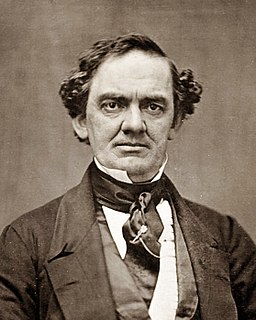A Quote by David Foster Wallace
Think of the old cliché about ‘the mind being an excellent servant but a terrible master.’ This, like many clichés, so lame and unexciting on the surface, actually expresses a great and terrible truth. It is not the least bit coincidental that adults who commit suicide with firearms almost always shoot themselves in: the head.
Related Quotes
My experience is that journalists report on the nearest-cliche algorithm, which is extremely uninformative because there aren't many cliches, the truth is often quite distant from any cliche, and the only thing you can infer about the actual event was that this was the closest cliche. It is simply not possible to appreciate the sheer awfulness of mainstream media reporting until someone has actually reported on you. It is so much worse than you think.
I seem to know all the cliches, but not how to put them together in a believable way. Or else these stories are terrible and grandiose precisely because all the cliches intertwine in an unrealistic way and you can't disentangle them. But when you actually live a cliche, it feels brand new, and you are unashamed.
Some would define a servant like this: 'A servant is one who finds out what his master wants him to do, and then he does it.' The human concept of a servant is that a servant goes to the master and says, 'Master, what do you want me to do?' The master tells him, and the servant goes off BY HIMSELF and does it. That is not the biblical concept of a servant of God. Being a servant of God is different from being a servant of a human master. A servant of a human master works FOR his master. God, however, works THROUGH His servants.
My whole generation's mission is to kill the cliche...it's one of the reasons a lot of my generation are always on the fence about things. They're afraid to commit to anything for fear of seeming like a cliche. They're afraid to commit to their lives because they see so much of the world as a cliche.





































